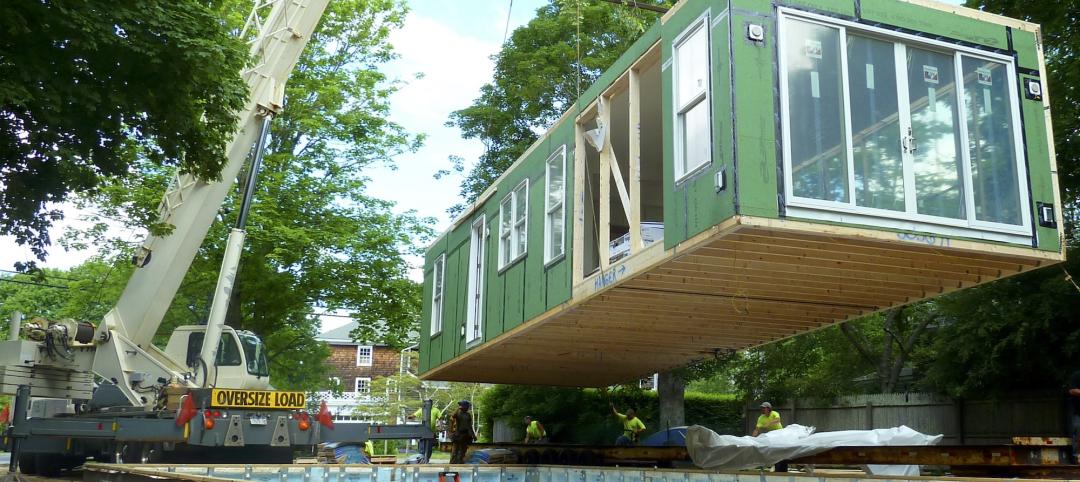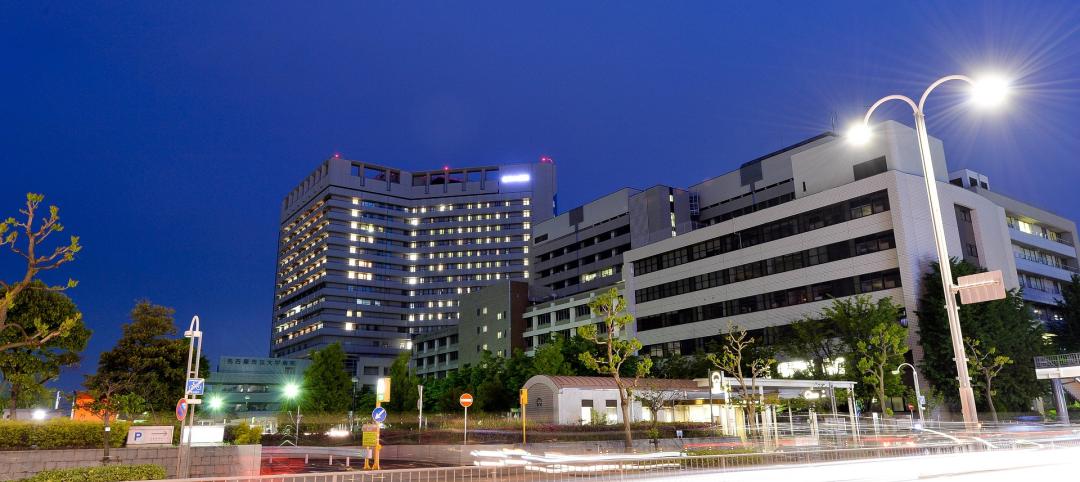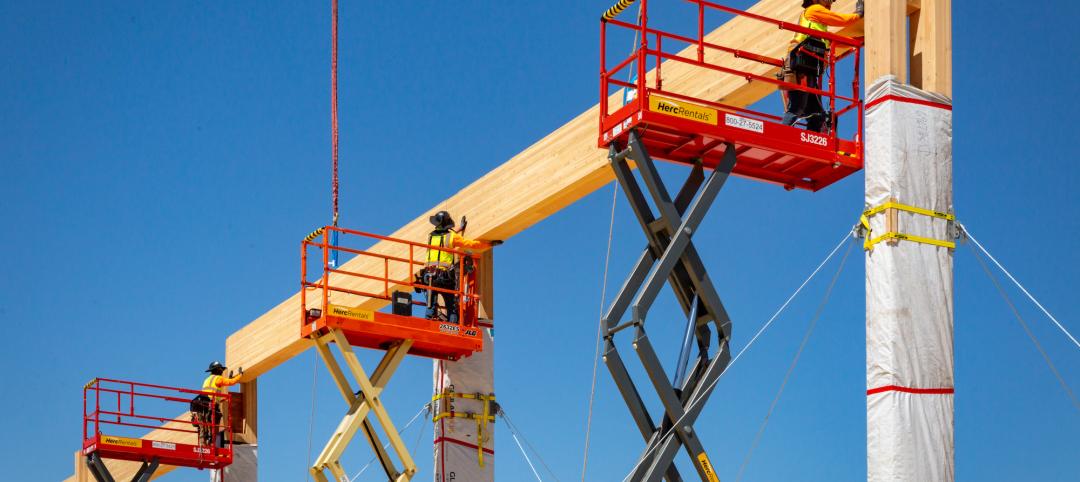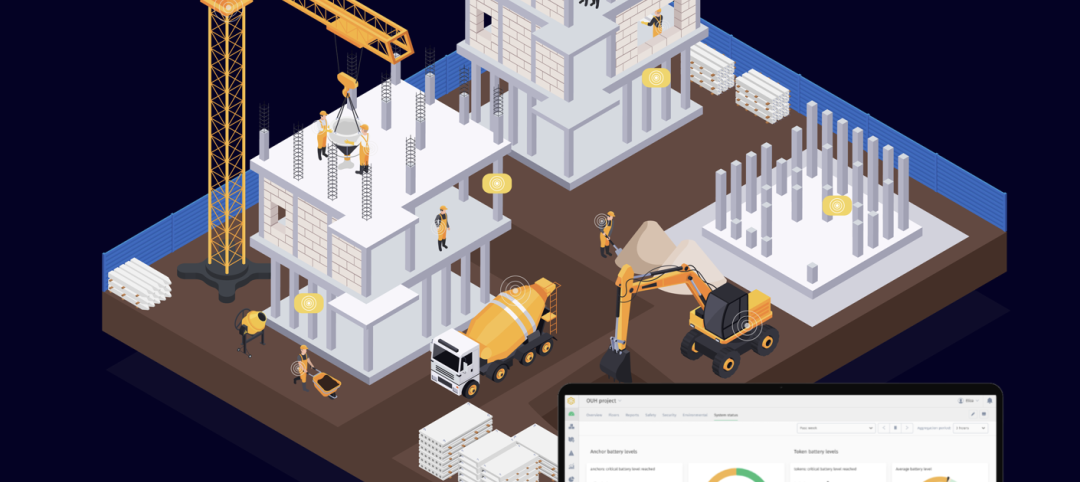As cities across the world ease Coronavirus lockdown restrictions, it is important to ensure that the elevators used by millions of people every day remain a comfortable, efficient and secure way of transportation. thyssenkrupp Elevator offers several options to create a clean and healthy car environment, aiming to reduce the risk of virus transmissions.
To ensure peace of mind for passengers, the company is focusing on three pillars: hygiene, social distancing and touchless technologies that prevent the spread of infection in elevators and escalators in public places. Many of those innovations will remain relevant even after the pandemic.
“The pandemic is definitely accelerating some interesting trends in the elevator industry. thyssenkrupp Elevator is well equipped for the current challenges. We have been exploring several technologies in recent years, such as smart spaces monitoring, remote operation, robots for sanitizing spaces and many more. Today, we have appropriate solutions to protect passengers during the pandemic. Moreover, we also provide innovative technologies for tomorrow that go beyond today’s urban mobility,” says Peter Walker, CEO of thyssenkrupp Elevator.
Hygienic or clean technologies range from handrail sanitization to thermal cameras that detect infected passengers. To clean the air in the cabins efficiently, thyssenkrupp Elevator uses air purification with special filters as well as UV-based solutions.
Touchless technologies include using a special kick-button where the passenger can call a cabin with a simple toe tap instead of touching a pad or button by hand. Experts foresee that touchless technologies will achieve a high adaption in many areas. Forward-thinking technologies like the kick button are solutions that are expected to remain viable in both the short- and long-term.
Social distancing is the third pillar of thyssenkrupp Elevator’s strategy to fight the pandemic. As such, thyssenkrupp Elevator has developed a special Social Distancing Service, which includes traffic monitoring for elevator systems. This service helps tenants stay safe by limiting elevator passengers per cabin so physical distance can be maintained. With the Social Distancing Service, thyssenkrupp Elevator assesses the elevator traffic to help balance building congestion risks with social distancing needs. Based on the needs, the company changes the dispatching software to limit the number of passengers assigned to each elevator car. Using data captured by the predictive maintenance IoT solution MAX, thyssenkrupp Elevator also provides data and information about traffic changes, so passenger wait times and social distancing needs can be balanced.
Related Stories
Multifamily Housing | Feb 3, 2023
HUD unveils report to help multifamily housing developers overcome barriers to offsite construction
The U.S. Department of Housing and Urban Development, in partnership with the National Institute of Building Sciences and MOD X, has released the Offsite Construction for Housing: Research Roadmap, a strategic report that presents the key knowledge gaps and research needs to overcome the barriers and challenges to offsite construction.
Healthcare Facilities | Jan 31, 2023
How to solve humidity issues in hospitals and healthcare facilities
Humidity control is one of the top mechanical issues healthcare clients face. SSR's Lee Nordholm, PE, LEED AP, offers tips for handling humidity issues in hospitals and healthcare facilities.
AEC Tech | Jan 27, 2023
Key takeaways from Autodesk University 2022
Autodesk laid out its long-term vision to drive digital collaboration through cloud-based solutions and emphasized the importance of connecting people, processes and data.
Mass Timber | Jan 27, 2023
How to set up your next mass timber construction project for success
XL Construction co-founder Dave Beck shares important preconstruction steps for designing and building mass timber buildings.
AEC Tech Innovation | Jan 24, 2023
ConTech investment weathered last year’s shaky economy
Investment in construction technology (ConTech) hit $5.38 billion last year (less than a 1% falloff compared to 2021) from 228 deals, according to CEMEX Ventures’ estimates. The firm announced its top 50 construction technology startups of 2023.
Concrete | Jan 24, 2023
Researchers investigate ancient Roman concrete to make durable, lower carbon mortar
Researchers have turned to an ancient Roman concrete recipe to develop more durable concrete that lasts for centuries and can potentially reduce the carbon impact of the built environment.
AEC Tech | Jan 19, 2023
Data-informed design, with Josh Fritz of LEO A DALY
Joshua Fritz, Leo A Daly's first Data Scientist, discusses how information analysis can improve building project outcomes.
AEC Tech Innovation | Jan 14, 2023
CES recognizes a Dutch firm’s wearable technology for construction management
The firm’s TokenMe product offers construction managers a real-time crowd- and asset-tracking solution via low-power, location-aware radio and RFID tags and multiple sensors through which data are processed with cloud-based artificial intelligence.
Sustainability | Jan 9, 2023
Innovative solutions emerge to address New York’s new greenhouse gas law
New York City’s Local Law 97, an ambitious climate plan that includes fines for owners of large buildings that don’t significantly reduce carbon emissions, has spawned innovations to address the law’s provisions.
Cladding and Facade Systems | Dec 20, 2022
Acoustic design considerations at the building envelope
Acentech's Ben Markham identifies the primary concerns with acoustic performance at the building envelope and offers proven solutions for mitigating acoustic issues.

















